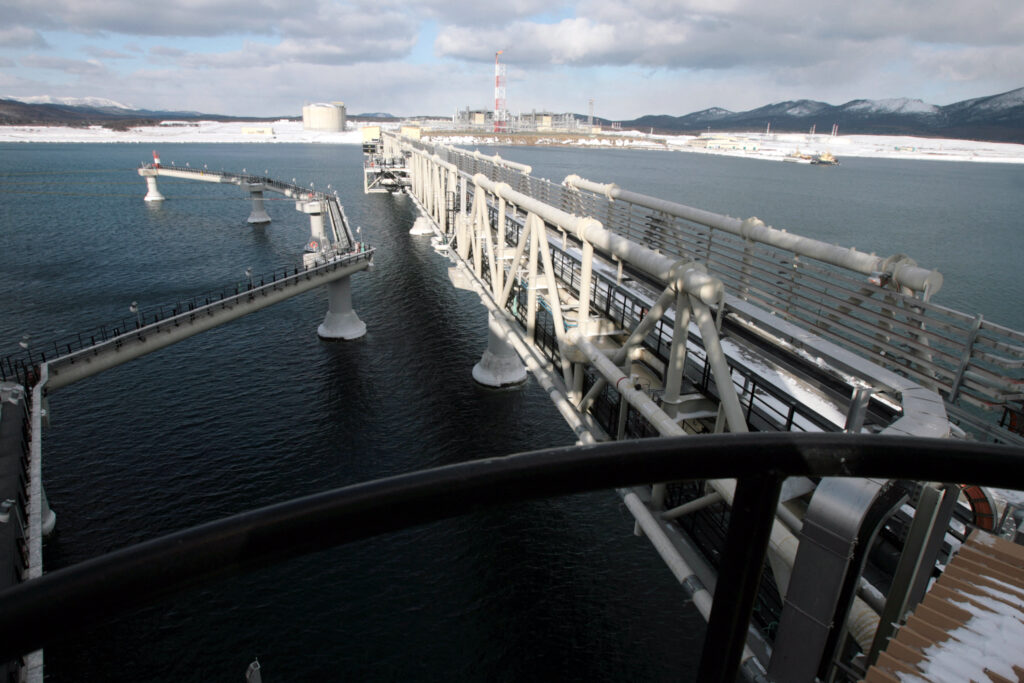
- ARAB NEWS
- 04 Jul 2025

TOKYO: Southeast Asian countries’ increased use of liquefied natural gas is expected to create a surge in demand that is spurring Japanese companies to expand their LNG business in the region as the market in Japan contracts, Nikkei has reported.
Natural gas is becoming an important resource for ASEAN’s members. Vietnam and the Philippines began importing LNG in 2023 to fuel their gas-fired power plants.
In Southeast Asia, “a realistic energy solution for lower carbon emission is to reduce coal-fired power generation and shift to gas-fired [power plants] along with renewable energy,” HIROSE Michiaki, former president of Tokyo Gas, told Nikkei Asia in an interview.
Tokyo Gas and Philippine energy company First Gen are expected to start jointly operating an LNG terminal in the Philippines once they get government approval.
Hirose projects that the transition from fossil fuels to renewables will last until 2050 or 2060 and predicts that Japanese energy companies will look for partnerships with foreign companies.
According to an International Energy Agency projection, natural gas demand in Southeast Asia will increase to 332.73 bcm (billion cubic meters) in 2050 from 163.7 bcm in 2020. Shell LNG Outlook 2024 estimates global LNG demand to rise by more than 50 percent by 2040 due to growing demand in Asia and the switch from coal to gas in industry.
The notion that gas is key to the globe’s energy transition has gained traction over the past few years, according to KAGUCHI Hitoshi, representative director at Mitsubishi Heavy Industries, which leads the market for gas turbines used in power plants.
“The upstream oil and gas companies, who were previously worried about how to survive in the green era, seem to have gained confidence that fossil fuels will continue to be a business from an energy security perspective,” Kaguchi told Nikkei. “The biggest part [of Asia’s decarbonization effort] is the shift from coal to gas power.”
Japan’s LNG imports have fallen by 20 percent to 67 million tonnes since 2018, the lowest level in a decade. The country’s main industrial consumers will have a growing surplus of contracted LNG supplies through 2030.